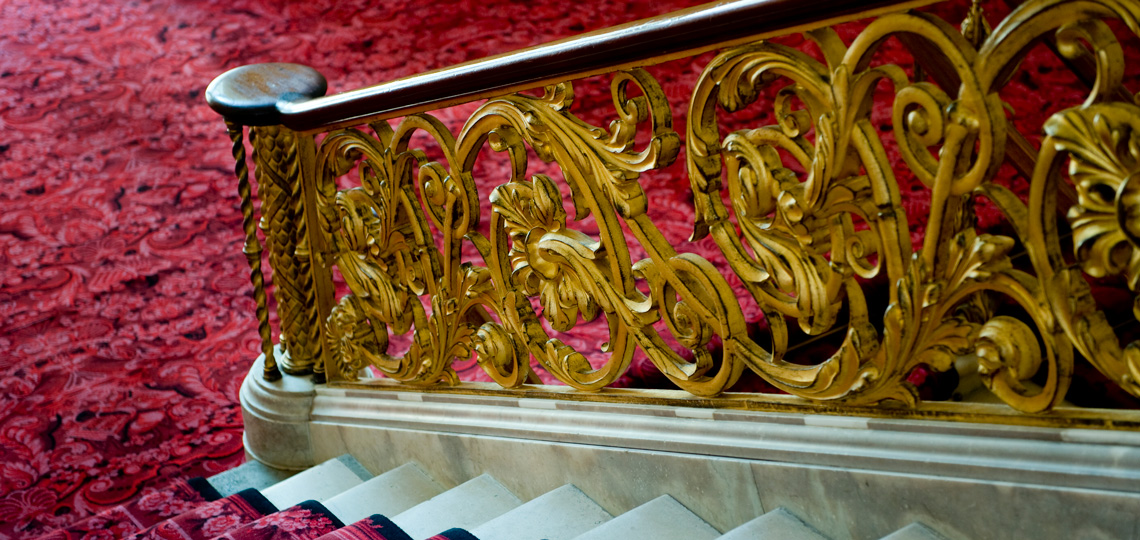

Error
Technical error (error 500)
Sorry, we are currently experiencing a few technical issues. Please return to the homepage or try again shortly.
Technical error (error 500)
Sorry, we are currently experiencing a few technical issues. Please return to the homepage or try again shortly.
Royal Opera House Covent Garden Foundation, a charitable company limited by guarantee incorporated in England and Wales (Company number 480523) Charity Registered (Number 211775)
